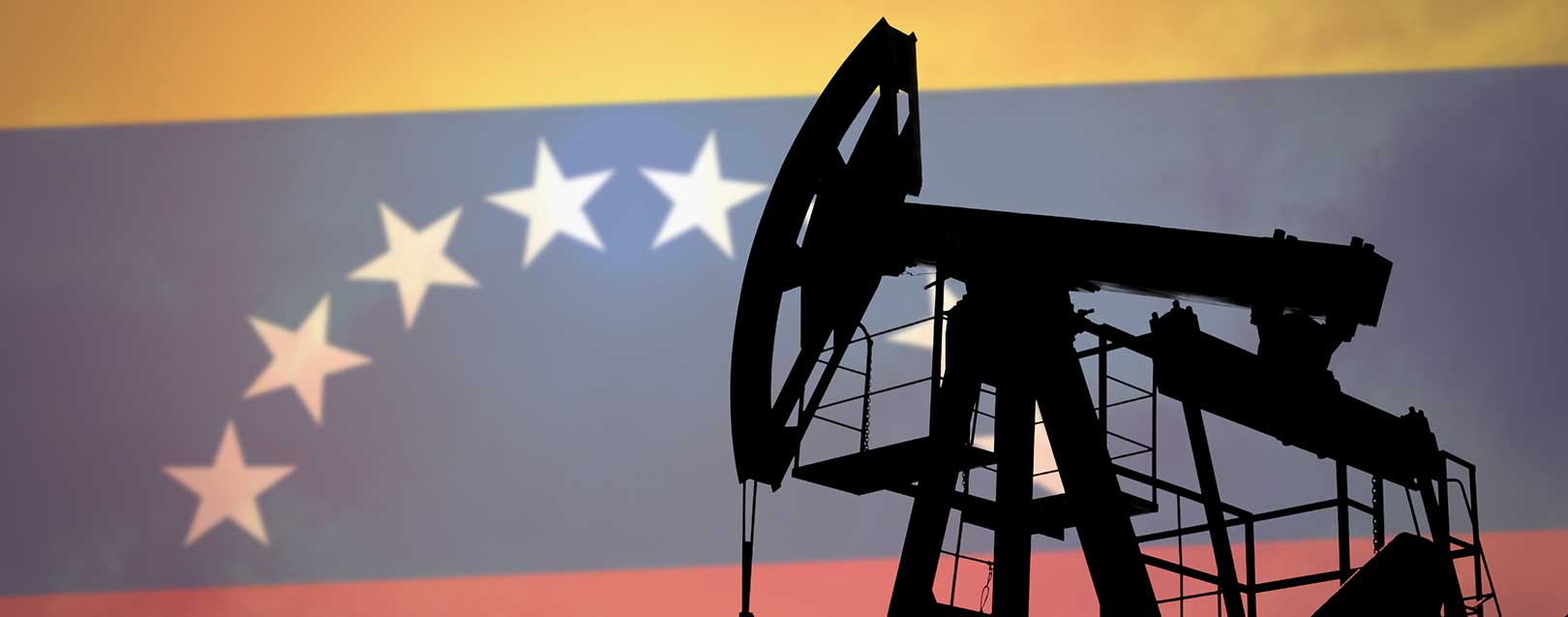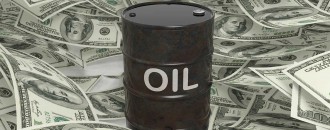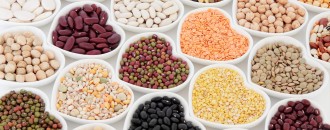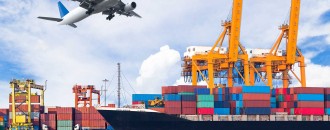
India-Venezuela trade to expand beyond crude: Indian Ambassador
Sneha Gilada
Last year's plunge in global oil prices has affected no other economy more than that of Venezuela, the Latin American country which is excessively dependent on oil exports. Crude petroleum accounted for 73% of the nation's exports in 2015. Woes of dropping oil prices coupled with sky-rocketing inflation left the nation defaulting on its import bills. Apart from a few blips last year due to Venezuela’s lag in payments to Indian pharma companies, the country’s relations with India have been smooth.
India's crude oil imports from Venezuela dominate bilateral trade between the two nations. Venezuela, one of the world's largest reserves of petroleum oils, is the sixth largest exporter of the commodity to India. In the first 8 months of FY 2016-17, Venezuela accounted for 7.7% of India's total crude oil imports.
In 2013, India-Venezuela trade was at an all-time high. But in the subsequent years, the total trade between the two nations has been successively reducing, culminating into a 51% decline in 2015-16. Rahul Shrivastava, India's Ambassador to Venezuela, in an interview with The Dollar Business, sheds light on the challenges and opportunities in bilateral trade between the two countries.
Regarding the receding total trade, he said, "India imported about USD 13 billion of crude oil from Venezuela in 2013. The fall in oil prices meant that this figure came down to about USD 6 billion last year although the volume of crude oil remained the same."
"Venezuela is going through difficult economic conditions, primarily because of the fall in oil prices. This has led to a hard currency crunch in the country, impacting imports from other countries, including India, especially the pharmaceutical sector for India," he added, explaining why the value of Indian exports to Venezuela had almost halved in the past year.
India is Venezuela's third largest export destination after USA and China. But Venezuela doesn't fair well among the countries importing from India, making the trade balance tilt in favour of Venezuela. When asked about this lopsided trade equation, the diplomat said, "India’s non-oil exports to Venezuela in 2014 were about USD 250 million whereas non-oil imports by India from Venezuela were about USD 60 million. It is because of the large amount of oil that India imports from Venezuela that the bilateral trade becomes heavily in favour of Venezuela."
"India’s exports to Latin America have been increasing rapidly. India’s trade with Latin America has jumped over 15 times in the last 15 years to reach over USD 35 billion. As the situation in Venezuela improves, it is certain that India-Venezuela trade will also pick up," he added.
India’s traditional exports to Venezuela have included items such as pharmaceutical products, chemicals, textiles and machinery. Indian companies engaged in these sectors are being encouraged to increase their exports to Venezuela.
To further boost India's exports to Venezuela, the Embassy is targeting products in which India holds export competence, and within this category, those which Venezuela imports from nations other than India.
These items are from sectors such as machinery & equipment, electrical & electronic equipment, organic chemicals, articles of iron & steel, optical, photographic, cinematographic, medical & surgical equipment and plastics & plastic articles.
According to Market Surveys commissioned by the Embassy of India in Venezuela, sectors like Agriculture, Cotton & Synthetic Textiles, Handicrafts, Oil & Gas, Food Processing, Telecommunication, Pharmaceuticals and Mining sectors in Venezuela hold untapped potential which can be leveraged by Indian companies.
Talking specifically about the cordial relations shared by India and Venezuela, Srivastava said that “Indian companies are being encouraged to participate in the 14 economic sectors, from pharmaceuticals to tourism, identified by Venezuela for development to reduce dependence on oil exports. Unlike several other countries which have a system of barter, India pays for Venezuelan oil imports in hard currency, which Venezuela needs at the moment. Both countries are also working together to resolve issues such as pending payments to Indian companies."
Regarding Venezuelan Government's measures to lift the economy out of its current misery, the Ambassador said, "Venezuelan government is making efforts to diversify its economy and boost domestic production. Venezuela has a large number of resources beyond oil and gas. If these resources are developed, Venezuela’s economy will go from strength to strength."
As oil prices revive globally, aided by the OPEC agreement to cut production by over 1.2 million bpd, Venezuela's economic woes may take a respite in the coming days. "Venezuela has been a keen supporter of cuts in oil production by both OPEC and non-OPEC oil producing countries. This has led to an increase in oil prices, which is important for the Venezuelan economy to recover in the short run," Srivastava said.
Regarding the Latin American nation's recent demonetisation move, which came within one month of a similar demarche in India, the Ambassador said, "When the Venezuelan government announced demonetisation, the main reason given was the large amount of Venezuelan currency being held by speculators abroad, mainly in neighbouring countries of Venezuela. It was alleged that these speculators were taking advantage of the difference between the official and the open market exchange rates to reap huge profits. At the same time, the high inflation in Venezuela in recent years has meant that the Venezuelan currency has suffered devaluation. However, there have been no reports or official statements that the Venezuelan government took a cue from measures taken in India for demonetisation. The reasons for devaluation in the two countries seem to be different."





